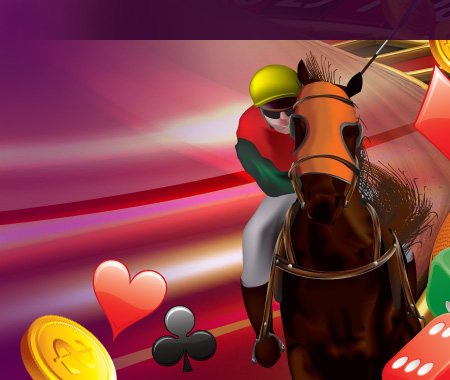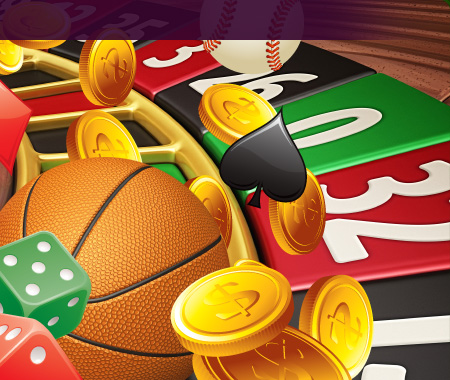Slot Machine Strategies
Dear Mark,
When my husband and I shoot a night with the casino slots, we use different strategies. His is to follow his "feelings" or "educated hunches" and bet heavily when he feels he's due to hit a big one.
My system depends less on clairvoyance: I arrive with the money I can afford to risk in my jeans' right pocket and with nothing in the left. Winnings go in the left pocket and are never seen again until we're home. When my right pocket is empty, I quit.
Is there any way to compare mathematically the worth of our two systems? It is not very convincing to point out that I am ahead of the game and he's behind, because of the relatively small sample represented by the few events in our gambling life. Patty T.
Right off, Patty, let's trash your use of the word "systems." That word has a special meaning in gambling circles, and probably without knowing it, you've touched a sensitive semantics nerve.
Casino operators don't spend big bucks building mega-resorts so that some "system player" can come in and tar-n-feather them. Any casino owner alive would happily send the limousine for a system player with a certified bankroll. Henceforward, let's beware of using word "systems."
Secondly, as for whether you or hubby has the better mathematical chance of hitting it big playing slots, the answer is neither. As explained in past columns, each spin on a slot machine is an independent event based on the random number generator (RGN). With each machine possessing an RGN, the probability of hitting a jackpot is the same for each spin. Your husband stands the same chance of losing (winning) as you do.
The only true skill to playing slots is machine identification. For example: progressive machines practically invite players to compare and shop around for the best value. One 25 cent "slot machine carousel" can have a progressive jackpot of $2600 and another bank of machines A close cousin to that skill is the "tiger hunt," very handy when casinos advertise machines with a 98.5% payback. But it's your responsibility to find them: such advertisements usually say, in fine or pale print, "on select machines." Since all big cats look alike in tall grass, they can be a tough find. They are likely limited to a single bank of machines somewhere in the casino. The easiest way to hunt down and tag these beauties is to ask a slot employee. If he or she does not know, have one of them ask a direct supervisor. So, Patty, what smart strategies (not systems) are you applying that your chosen in marriage and other gambles is not? For starters, you never gamble with money you cannot afford to lose. There is no more powerful generalship in all of gambling than those words, so I will repeat them. YOU NEVER GAMBLE WITH MONEY YOU CANNOT AFFORD TO LOSE. You also seem to have more discipline than your spouse does, and discipline, Patty, is not only a significant part of being a successful gambler, but probably the most important element of money management. I applaud your money management acumen in setting loss limits and win goals. As a frisky addendum to your pocket-shifting modus operandi, you might try setting a goal of winning between 50 to 100% of a single-session bankroll. At that point, set aside your original bankroll plus half your winnings. Now play with the remainder, and continue to set aside additional winnings. When losing half your session bankroll (loss limits) you walk, and when doubling your money (win goals), you strongly consider doing the same. Finally, Patty, I would be remiss if I did not mention that money management will not affect the house advantage, nor guarantee that you will win. The house has an advantage that is immune to even smart money management techniques like yours. If you play at any casino game long enough, you will lose. But what good money management principles can do for you, Patty, is to minimize your losses and in most cases protect your winnings.
FROM OUR EMAIL
- Black Jack Tips
- Craps Strategies
- Four Card Poker
- Jacks or Better Basic Strategy
- Roulette Strategies
- Slot Machine Strategies
- Video Poker Tip



